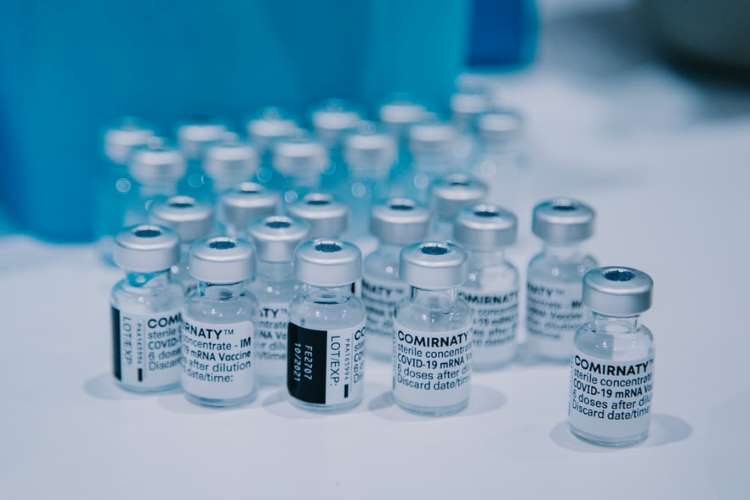
After the whole world started to believe that the harder phase of the Covid-19 pandemic is over, a new study has come up with some concerns over the aftereffects of the pandemic. It says conditions classified as post-Covid syndrome may last for years. There is an increased risk of developing neurological and psychiatric disorders such as dementia psychosis, brain fog and seizures for two years after the coronavirus infection, the study published in the Lancet Psychiatry Journal said.
The study highlights the burden of chronic illness left by the pandemic which is equally worrying as the economic distress caused by the virus. People are also susceptible to contracting anxiety and depression, however, the risk typically subsides within two months, researchers at the University of Oxford said.
The likelihood of most neurological and psychiatric problems after Covid was lower in children than in adults. Unlike adults, children weren’t at an increased risk of mood or anxiety disorders, and any cognitive deficit they suffered tended to be transient, the study found.
ALSO READ: Unplanned renewable energy drive threatens food security, biodiversity
More disturbing findings
The findings are based on tests conducted on more than 1.25 million patients and indicate that the virus’ potential to cause profound damage to the central nervous system is extremely high. This is especially worrying considering that globally, the burden of dementia is already high, pegged at $1.3 trillion in the year the pandemic broke out. Oxford researchers said in the study that even a mild case is associated with brain shrinkage equivalent to as much as a decade of normal ageing.
Govts should prepare for post-Covid-19 syndrome
While the fatal effects of the pandemic may be waned, the governments across the world must now prepare on war footing for a flurry of cases of post-Covid syndrome. The new cases of neurological conditions linked to Covid-19 infection are likely to occur for a considerable time after the pandemic has subsided, putting the onus on the governments to fight the disaster. There is also a need to fund researchers to get to the bottom of not only the causes behind the newly found issues but also on how to prevent and treat these conditions.
How grave is the situation?
While children are at a decreased risk of getting depression and anxiety after Covid, it is worrying that some other conditions such as dementia and seizures continue to be more frequently diagnosed even two years of the infection.
ALSO READ: Hydrogen fuel cell cars: BMW takes a leap of faith
The risk of contracting these diseases is caused by the damage to the cells that line blood vessels, leading to blood clots, and leakage of the blood-brain barrier.
The surge in deaths due to coronavirus has also rung alarm bells at the World Health Organisation. There has been a 35% rise in coronavirus related deaths in the last four weeks. In a tweet, WHO Chief Tedros Adhanom Ghebreyesus said that learning to live with Covid-19 does not mean we have to pretend it is not there anymore, rather it means that all the tools must be deployed to protect ourselves and others. He also urged people to get vaccinated and also receive a booster jab.
How effective are vaccines against future damage
Previous vaccinations are associated with reduced or unchanged risks of most neurological or psychiatric outcomes. As the rates of these problems were similar after the emergence of the Omicron and Delta variants, the coronavirus infections may continue to spur neuropsychiatric illnesses even when they cause otherwise less severe disease. Omicron is currently the dominant variant across the world.
Other long-term post-Covid symptoms
Apart from the neurological and psychological consequences of the infection, there are other most commonly reported symptoms of post-Covid syndrome. This includes fatigue, fever, lung and respiratory disorders such as difficulty breathing or shortness of breath and cough.
People have also complained about mental health conditions such as difficulty thinking or concentrating, headache, sleep problems, dizziness, and loss of smell or taste. Common post-recover symptoms also include joint or muscle pain, chest pain and fast or pounding heartbeat.
Meanwhile, India reported 12,608 new coronavirus cases in the last 24 hours, pushing the cumulative figure to 4.42 crore. The death count has shot past 5.25 lakh with 72 more fatalities being added since yesterday, latest government data showed. The active cases are more than 1.01 lakh. The number of people who have recuperated from the disease surged over 4.36 crore. In New Delhi, the coronavirus positivity rate has hit the highest in the last seven months at 19.20%.
